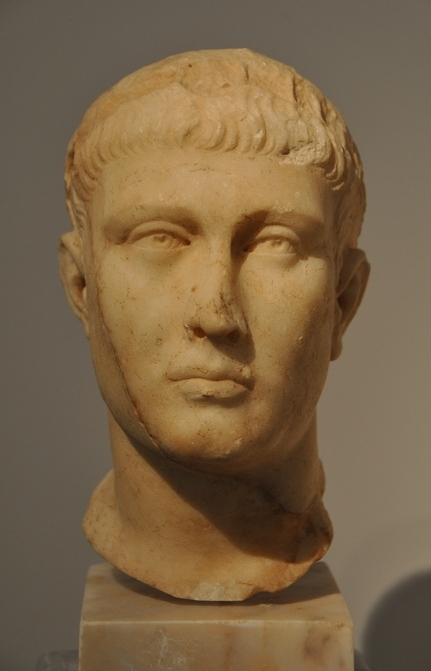Rockerduck
Active
- Joined
- Nov 19, 2011
- Messages
- 434
While the Scriptures do not state what date Jesus was born, there is in fact a wealth of evidence presented in the Gospels that a careful comparison with historical and archaeological data will demonstrate that the date that has been held as that of the birth of Jesus since very nearly the time of the Apostles is testified to by theologians as early as 50 years after the Apostles:
Theophilus Bishop of Caesarea (115-181)wrote: "We ought to celebrate the birthday of our Lord on what day so ever the 25th of December shall happen." (Magdeburgenses, Cent. 2. c. 6. Hospinian, de orign Festorum Chirstianorum)
Also Hippolytus (ca. 165 – 235 C.E.), in his commentary on Daniel 4:23 wrote: “The first coming of our Lord, that is in the flesh, in which he was born at Bethlehem, took place eight days before the Kalends of January …”
Eight days before the calends of January is December 25.
And another citation: Theophilus of Antioch (ca. 171 – 183 C.E.), in his discussion about the proper time to observe Easter state that the Gauls contended that just as they celebrated the birth of the Lord on December 25, regardless of what day of the
week that fell on, so too Christians ought to celebrate Easter on March 25, regardless of what day of the week that fell on.
So there is ample evidence that the nativity of Jesus was being celebrated on December 25 from very shortly after the lifetime of the Apostles.
And the oft-repeated claim that the Roman Catholic Church started the Christmas celebration is also historically incorrect. The Church at Rome at first refused to observe the Feast of the Nativity deeming it an “oriental invention,” because it was primarily observed by the churches of Palestine and Egypt, the churches of these two great centers of Christian doctrine and practice being the primary authority and influence in the earliest development of the faith. The Church at Rome did not add it to their calendar of feasts until the mid 4th century.
But this is only the tip of the iceberg, so to speak, that supports the ancient December 25 date, there is far more to be considered.
Theophilus Bishop of Caesarea (115-181)wrote: "We ought to celebrate the birthday of our Lord on what day so ever the 25th of December shall happen." (Magdeburgenses, Cent. 2. c. 6. Hospinian, de orign Festorum Chirstianorum)
Also Hippolytus (ca. 165 – 235 C.E.), in his commentary on Daniel 4:23 wrote: “The first coming of our Lord, that is in the flesh, in which he was born at Bethlehem, took place eight days before the Kalends of January …”
Eight days before the calends of January is December 25.
And another citation: Theophilus of Antioch (ca. 171 – 183 C.E.), in his discussion about the proper time to observe Easter state that the Gauls contended that just as they celebrated the birth of the Lord on December 25, regardless of what day of the
week that fell on, so too Christians ought to celebrate Easter on March 25, regardless of what day of the week that fell on.
So there is ample evidence that the nativity of Jesus was being celebrated on December 25 from very shortly after the lifetime of the Apostles.
And the oft-repeated claim that the Roman Catholic Church started the Christmas celebration is also historically incorrect. The Church at Rome at first refused to observe the Feast of the Nativity deeming it an “oriental invention,” because it was primarily observed by the churches of Palestine and Egypt, the churches of these two great centers of Christian doctrine and practice being the primary authority and influence in the earliest development of the faith. The Church at Rome did not add it to their calendar of feasts until the mid 4th century.
But this is only the tip of the iceberg, so to speak, that supports the ancient December 25 date, there is far more to be considered.


